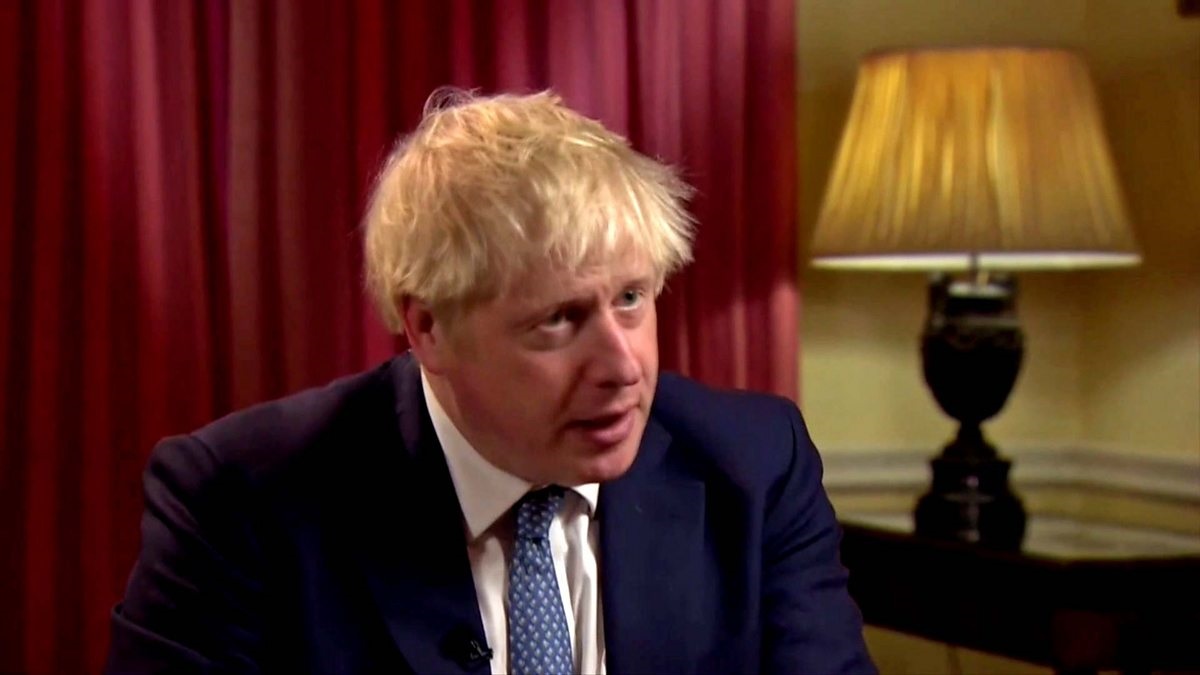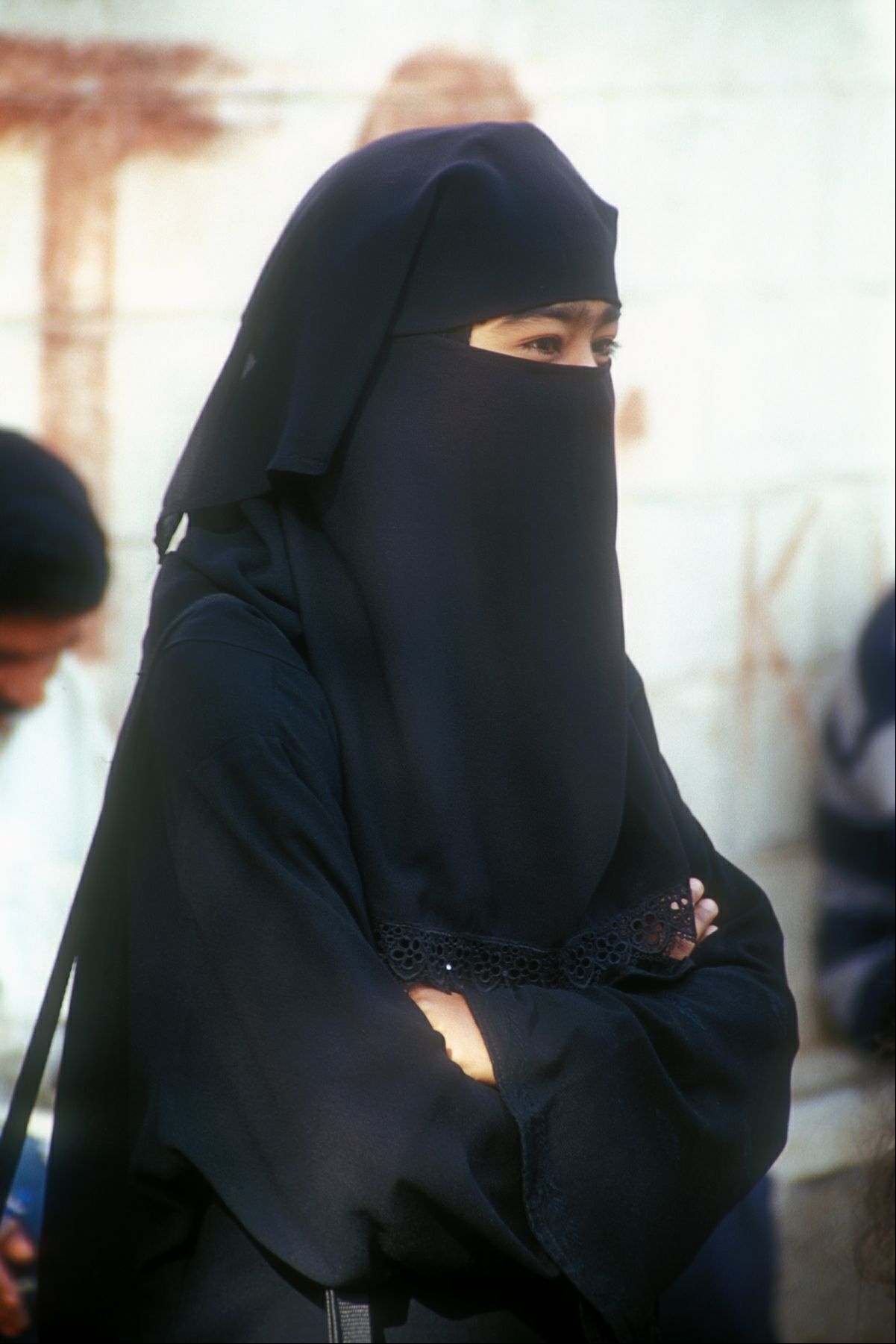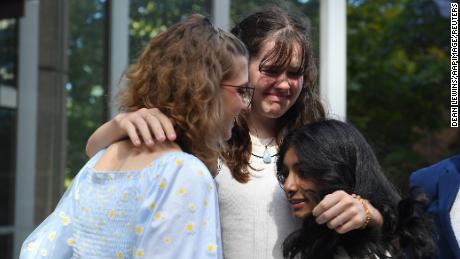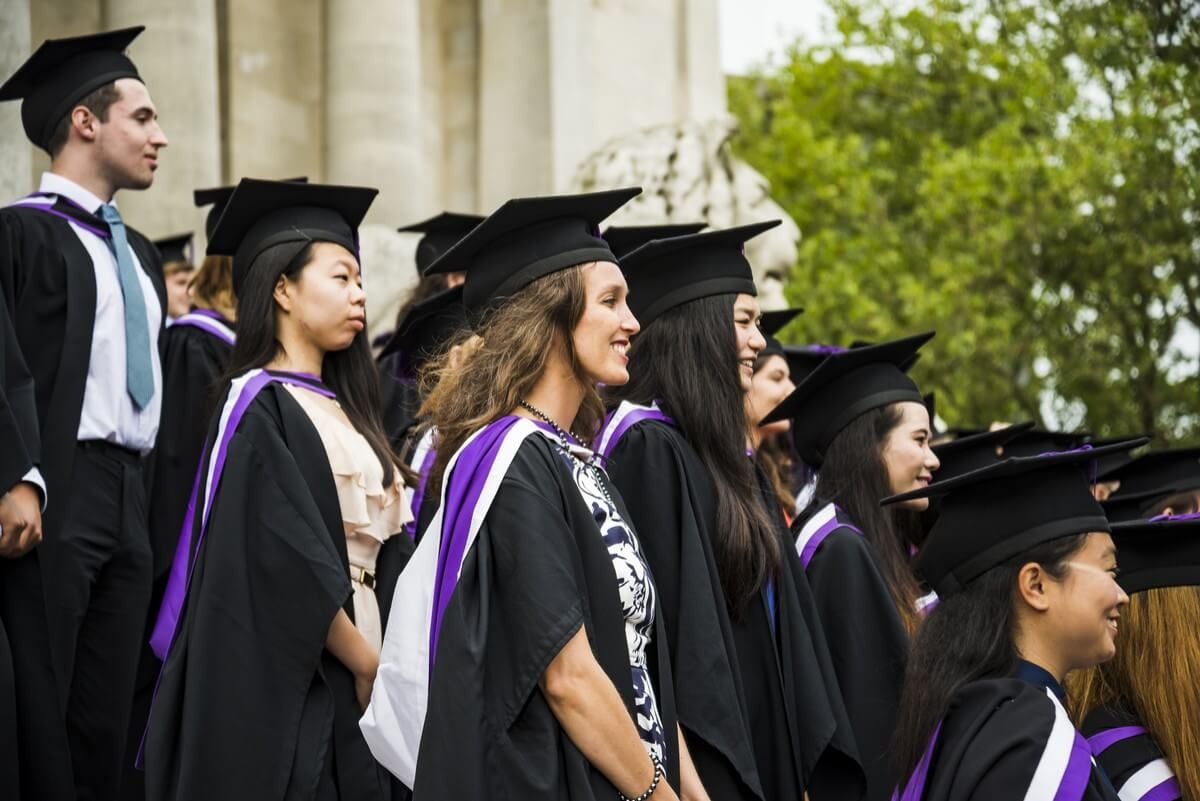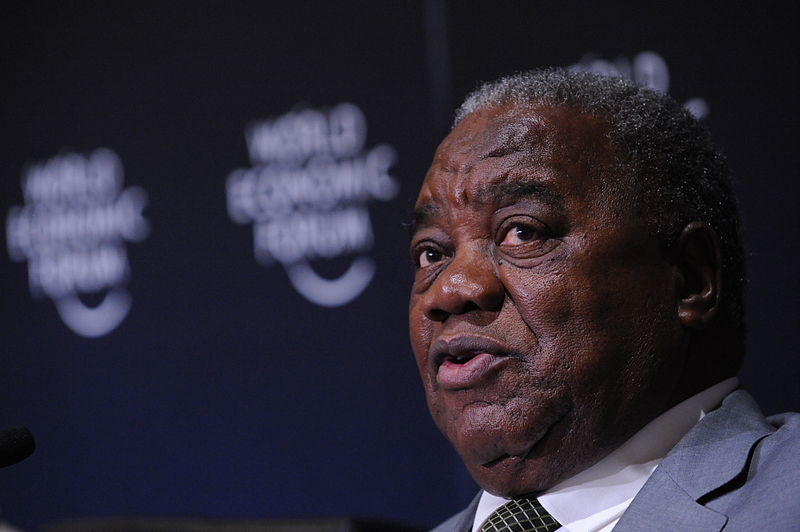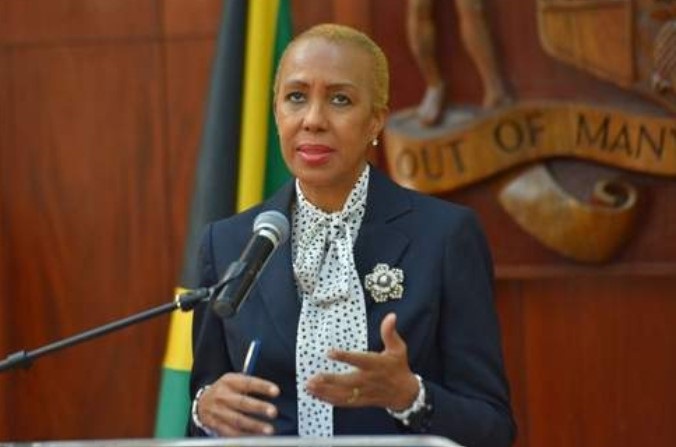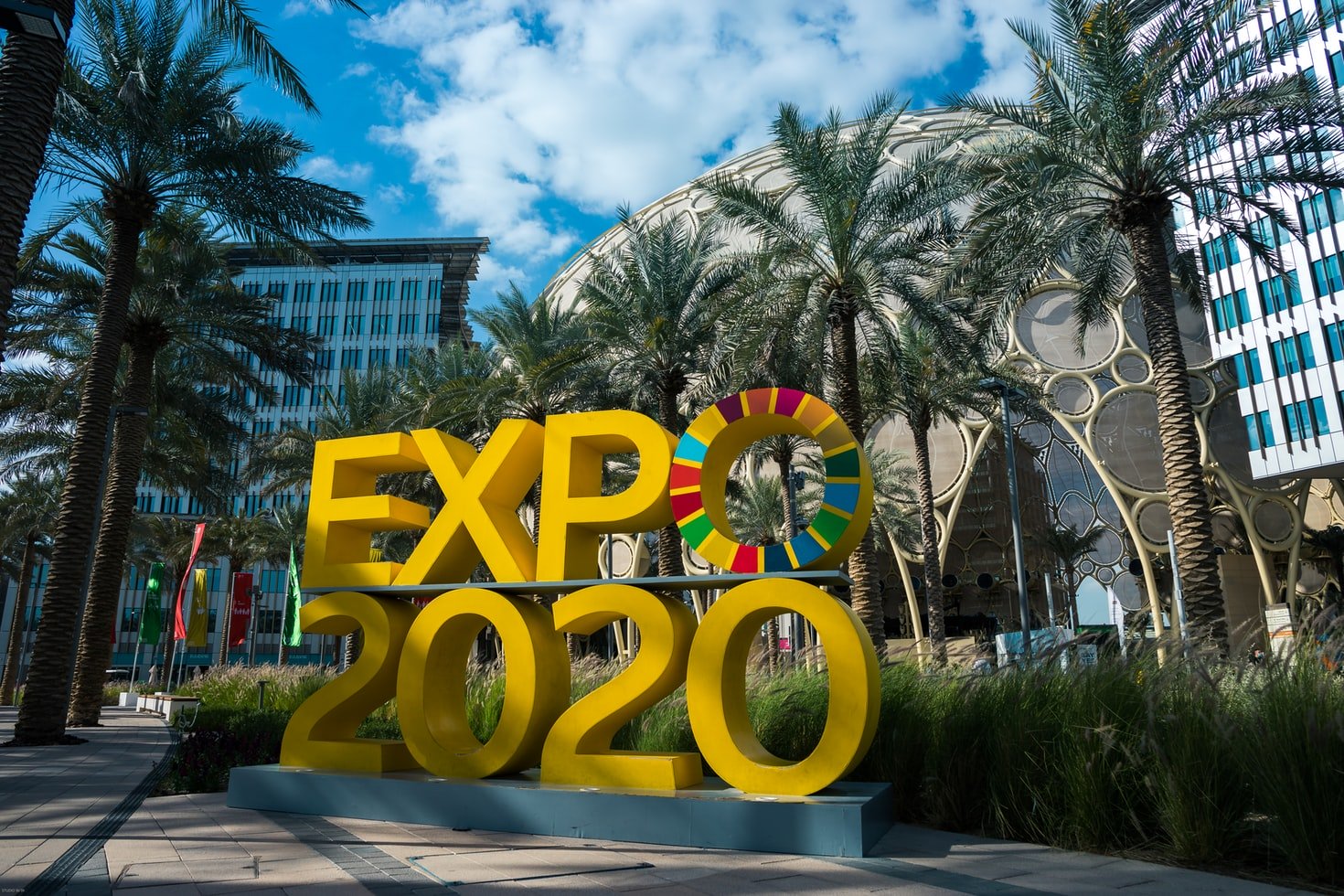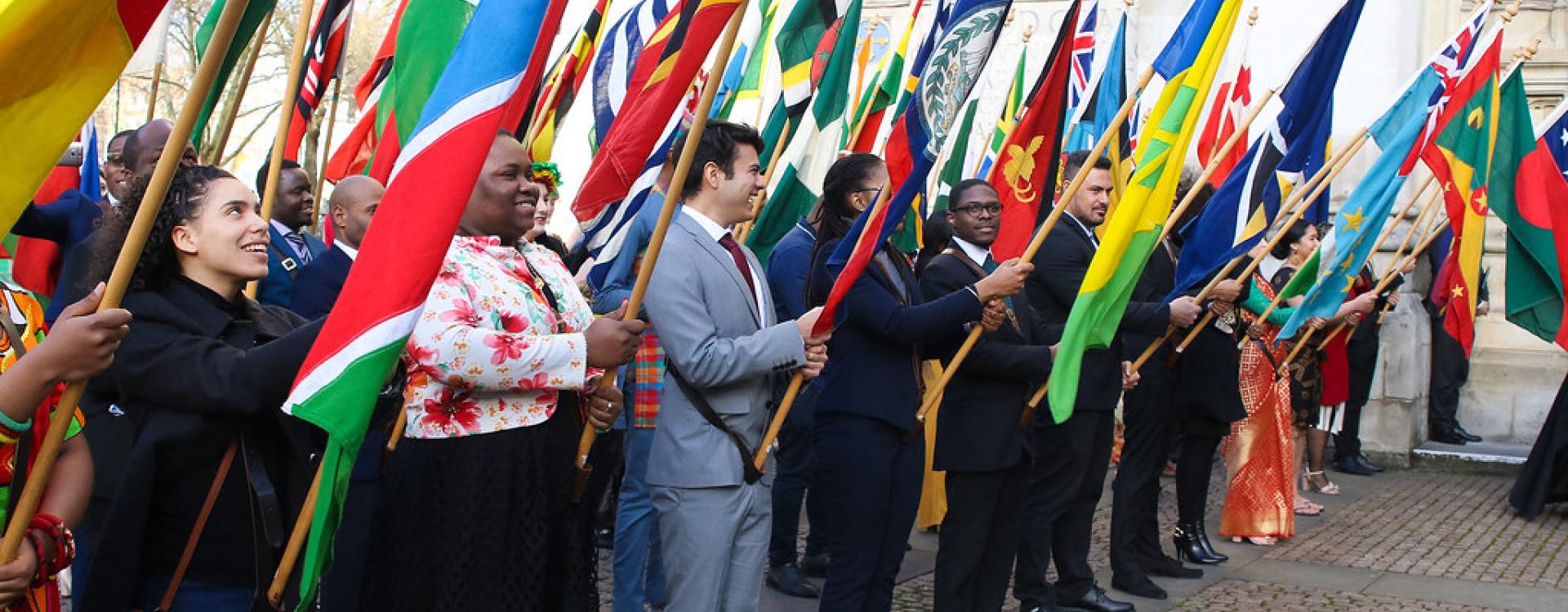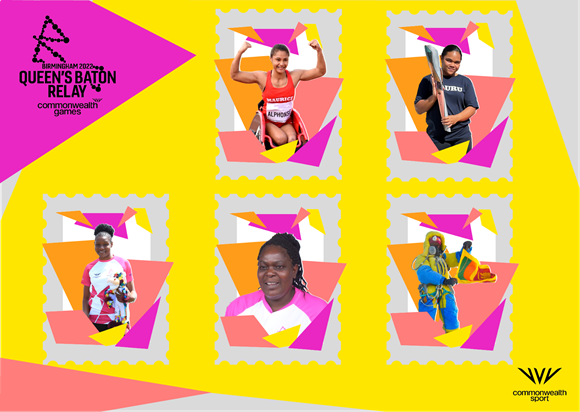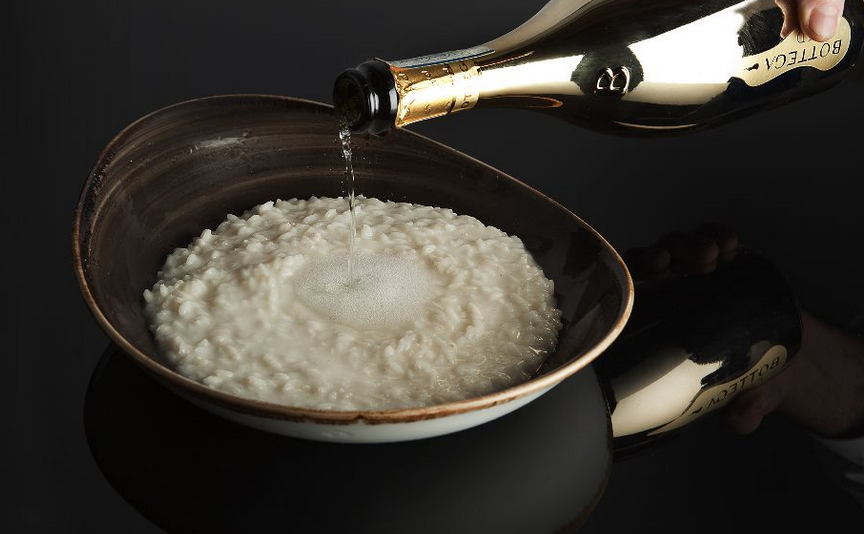Journalists who register for the spring meeting of the American Chemical Society (ACS) will have access to more than 12,000 presentations on a variety of topics.
ACS Spring 2022 is a hybrid meeting being held virtually and in-person in San Diego on March 20-24. Journalists are invited to apply for in-person or virtual press credentials. The meeting theme is “Bonding through Chemistry.”
Included environment-related talks among the 12,000 presentations are:
• Atmospheric aerosol chemistry
• Clean energy, fuel storage and conversion
• Degradation and removal of “forever chemicals”
• Innovative materials and technologies for environmental sustainability
• Micro- and nanoplastic detection, occurrence, fate and toxicological impacts
• Nanomaterials for water treatment and reuse
• Renewable energy options
• Looking for something else? Search the schedule.
To attend ACS Spring 2022 virtually or in-person, registration is required. ACS considers requests for press credentials and complimentary registration to meetings from reporters (staff and freelance) and public information officers at government, non-profit and educational institutions.
ACS Spring 2022 will be a vaccination-required and mask-recommended event for all attendees, exhibitors, vendors, and ACS staff who plan to participate in-person in San Diego, CA.




